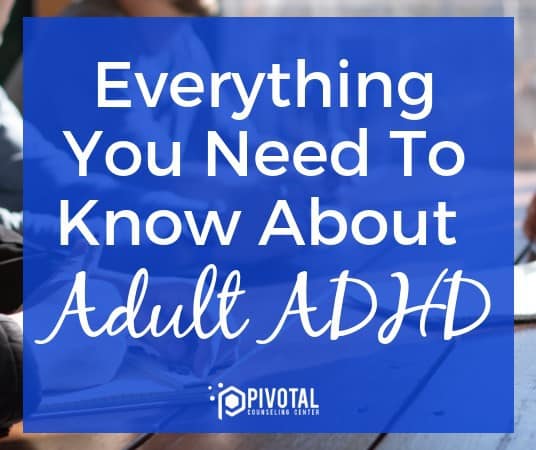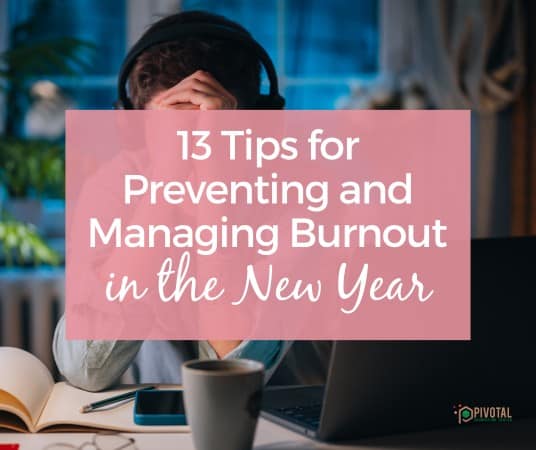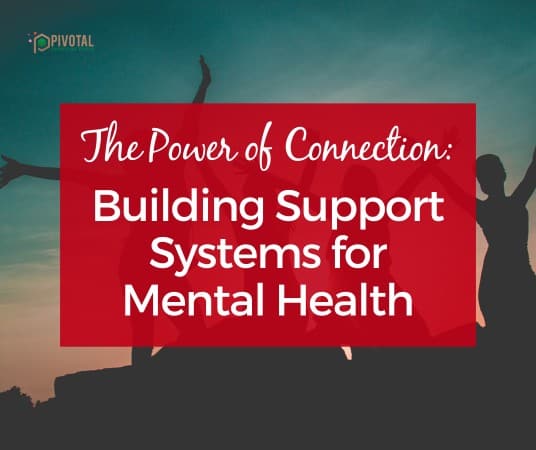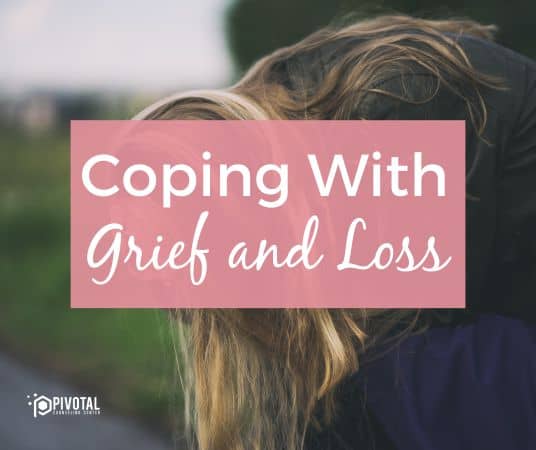
We often hear of children with attention deficit disorders, but these disorders don’t always stay behind in childhood. ADHD (Attention Deficit Hyperactivity Disorder) is present in adults, too, which needs to be acknowledged and understood.
Understanding more about how this disorder presents in adulthood will help those who are suffering from it identify it and learn how to deal with it in a manageable way.
As with a lot of conditions, knowing what you’re dealing with helps you to make sure that you can manage it appropriately for long-term quality of life. If you have a loved one who is dealing with Adult ADHD, it is also helpful to know what to do with a diagnosis.
Signs and symptoms of Adult ADHD:
Symptoms tend to vary depending on the adult, their lifestyle, and how well they have learned to manage their behavior. Some of the most common symptoms of Adult ADHD include:
Trouble concentrating or staying focused:
Some people can have off-days, of course, but an adult suffering from ADHD will tend to have severe difficulty in concentrating on the task at hand. They may also have trouble staying focused on the task until it is done. A common example of this symptom is being distracted by small noises (such as bird cries or a distant conversation) that other people are easily able to ignore.
Disorganized:
People with ADHD can often experience a frantic mindset. Due to this mindset, folks with ADHD are commonly disorganized or forgetful. Since their minds are moving so quickly, it means that their organization systems and/or note-taking skills can’t always keep up. So, piles of clutter, forgetting appointments, or losing track of objects is common.
Irritable or overly anxious:
Adults living with ADHD can often become irritable or anxious for seemingly no reason. In reality, it’s because they may struggle with tasks that seem to come naturally to others. It can be frustrating and upsetting to know that you are unable to do something that other people are not. Additionally, many adults with these conditions tend to have shorter emotional fuses, so they’ll react sooner and in an intense way.
Constantly moving:
The most common symptom of ADHD in children is hyperactivity (toe-tapping or pencil-tapping, for example). This symptom can be prominent in adults with ADHD as well, though it tends to be hidden so well (due to experience and time with it) that it’s hard to notice. When a person with ADHD is emotionally upset, these “tells” tend to become a little more prominent.
What to do about it:
It’s all well and good to know what ADHD looks like, but what are we supposed to do with this information? How does it change anything? Just like with children, adult diagnosis in a formal setting is often very beneficial. Diagnosis can help the person understand that there is nothing wrong with them and that there is a reason that they’ve been feeling so out of sorts in comparison to other people.
Having a diagnosis with a formal name also means there is treatment available if needed. Treatment can range from medication or alternative options such as exercise therapy or counseling.
Despite popular belief, an adult ADHD diagnosis is not a bad thing. A diagnosis can be a great starting point for improving a person’s quality of life.
As more education comes to light with ADHD in adults, more adults are correctly diagnosed and able to receive treatment. The first step is to simply understand that ADHD can exist in adults without a childhood diagnosis. Most of all, it’s important to understand that adult ADHD is as real as when it is diagnosed in children.
Pivotal Counseling Center has therapists who work with couples and specialize in individual counseling. We have locations in Woodstock, Illinois, and Lake in the Hills, Illinois. If you are in need of someone to help, please consider giving us a call at (815) 345-3400. You can find other contact information here.
Pivotal Counseling Center is now accepting Medicaid including Blue Cross Community Medicaid, Meridian Medicaid, and Molina Medicaid for outpatient counseling.









